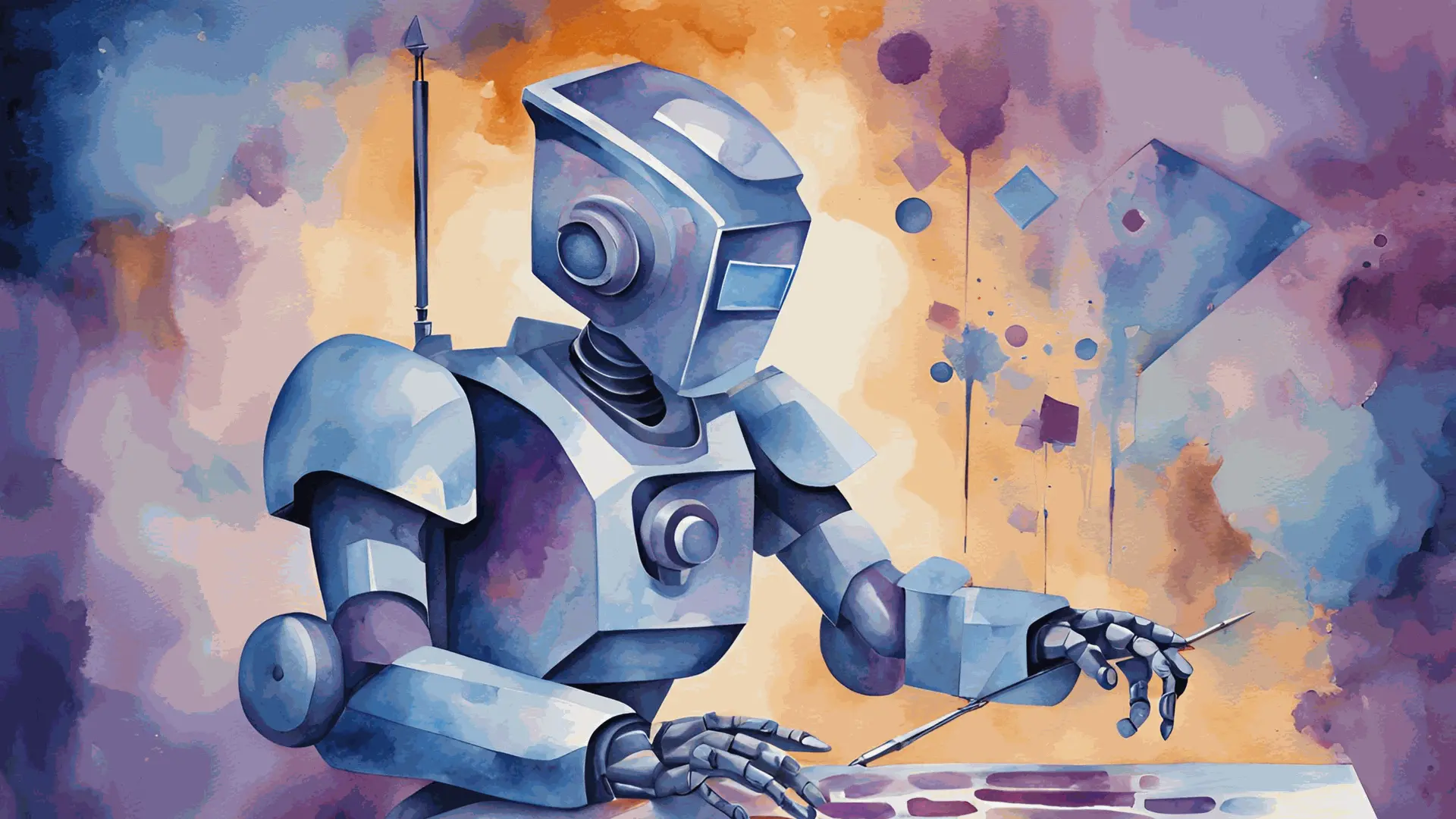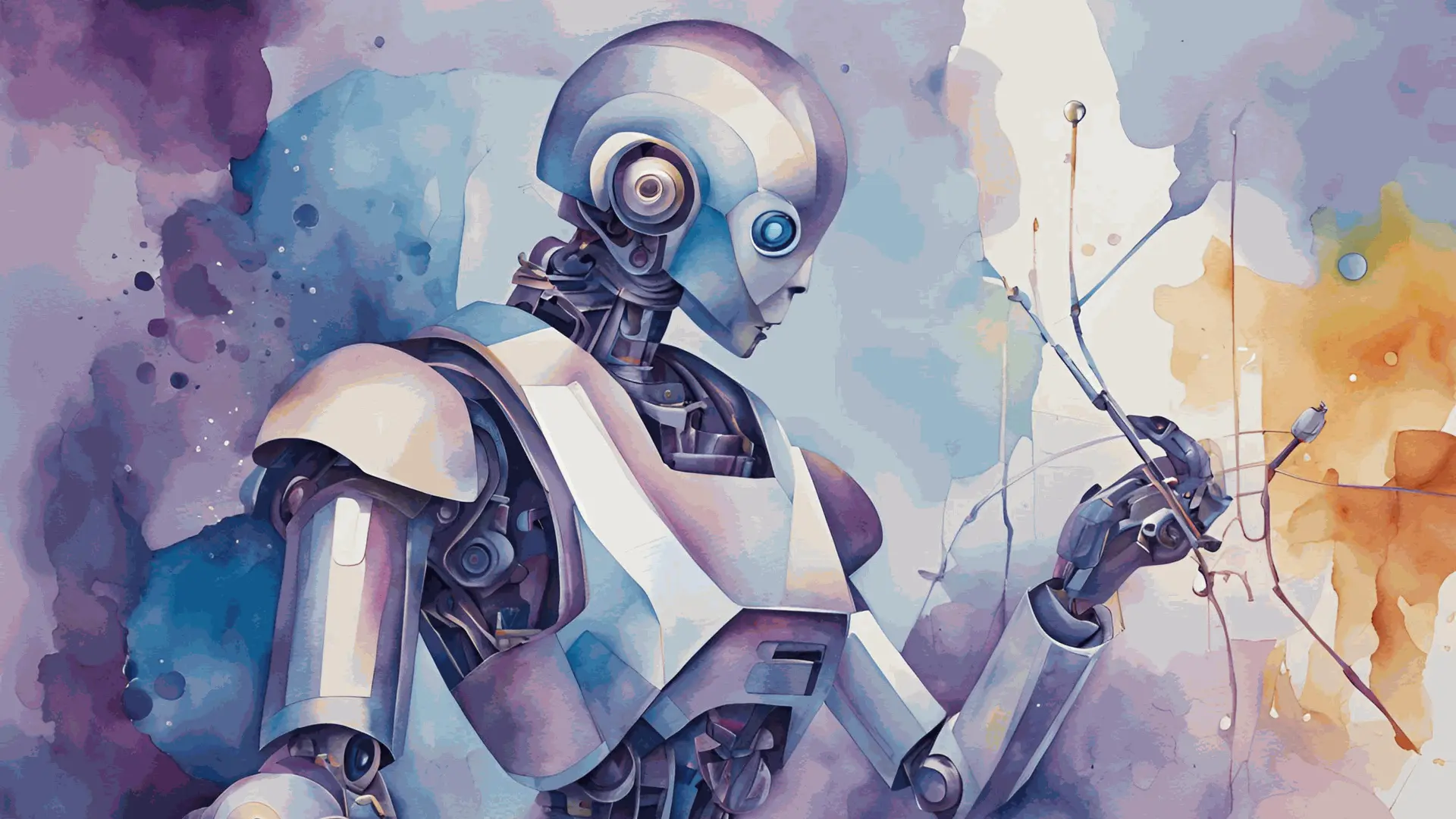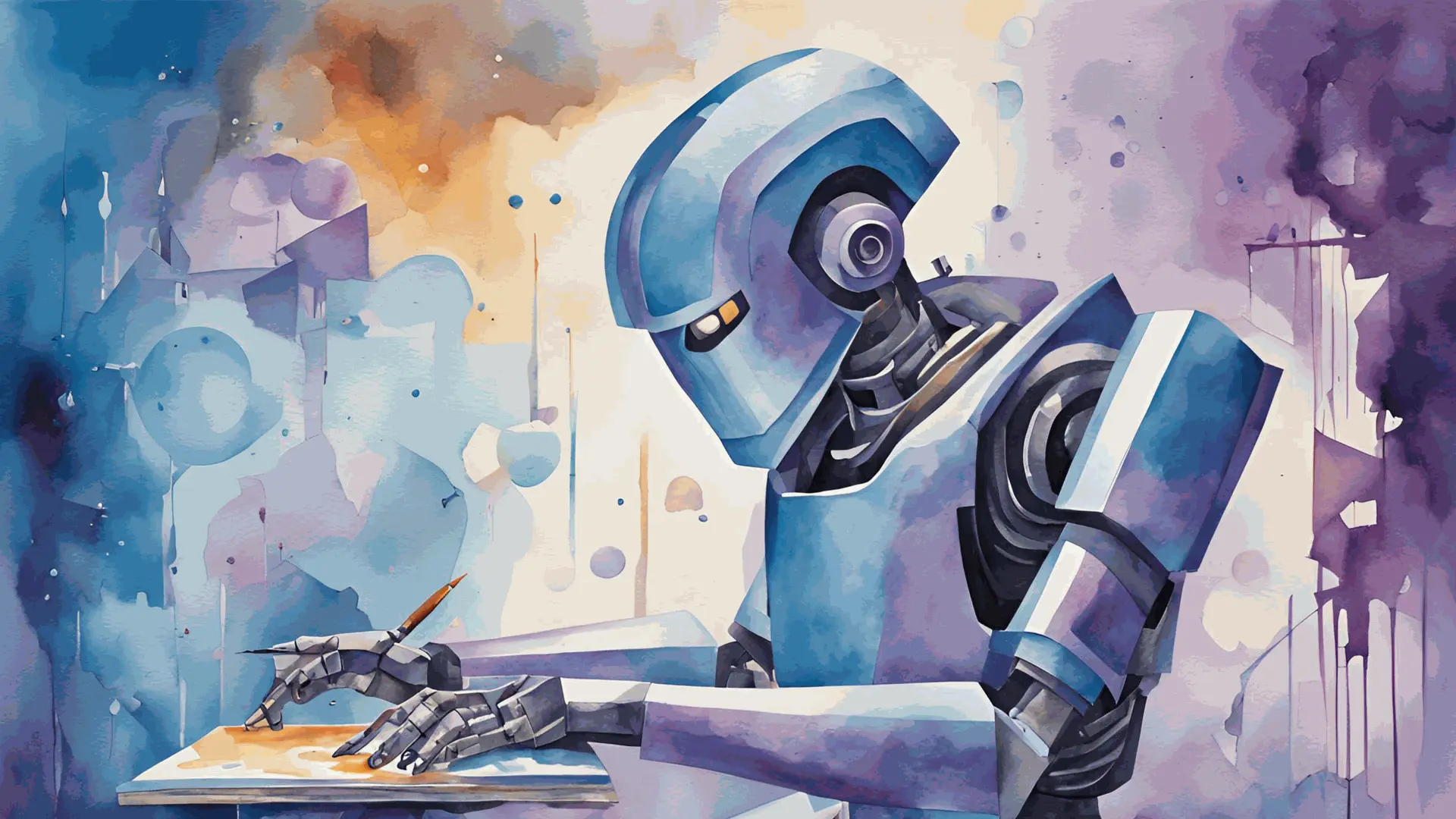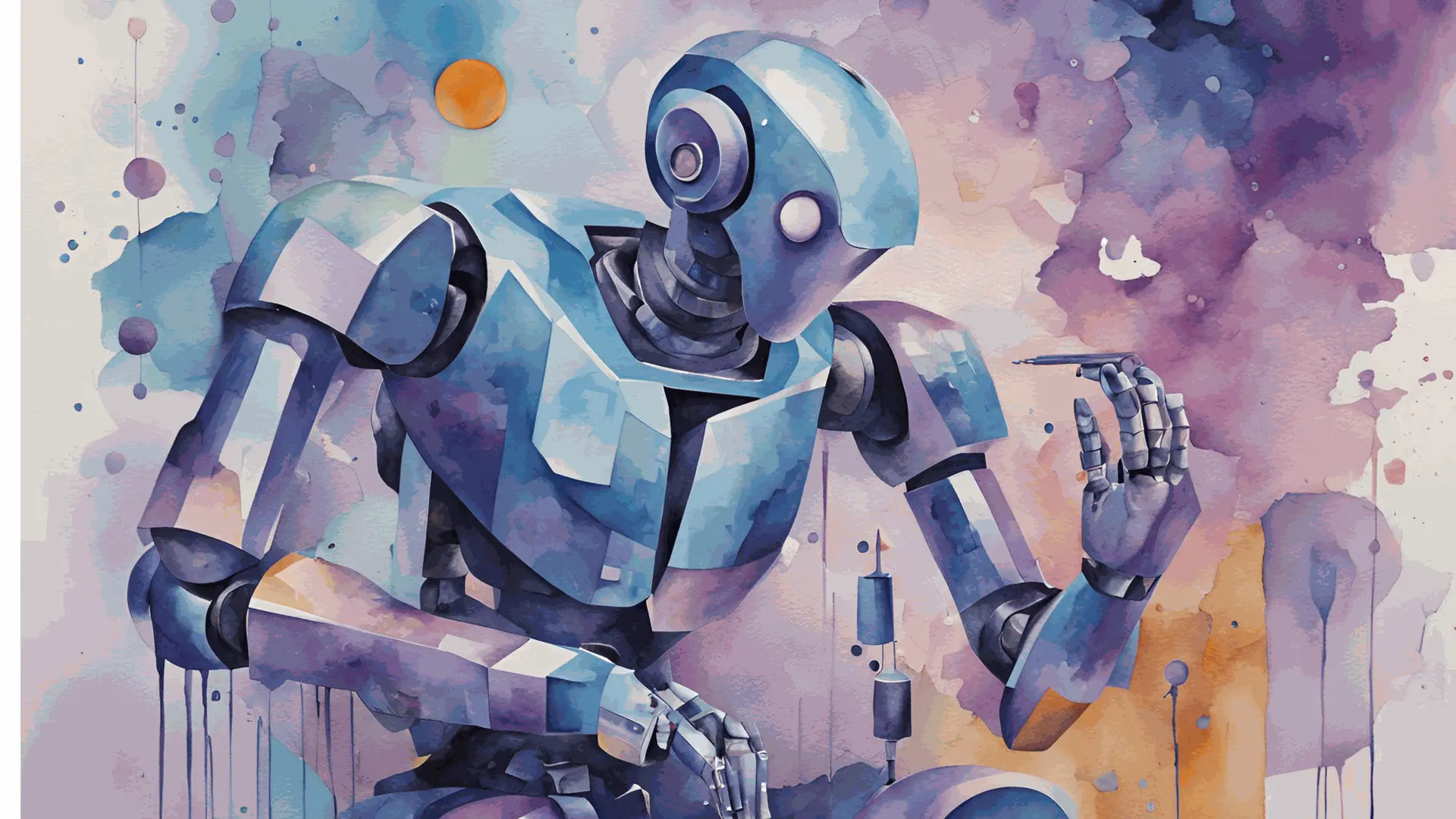Disclaimer:
This is a speculative perspective on how AI might evolve and impact creativity. The future of AI in the creative field is still uncertain and full of possibilities, both positive and challenging.
If AI rapidly evolves and redefines creativity and artistic expression in the next decade, the entire landscape of how we create and appreciate art could transform in significant ways. Here's how that might play out:
1. AI as a Creative Collaborator
AI could move beyond being a mere tool to become a creative collaborator. Already, AI is helping musicians, artists, and writers generate ideas, compose music, and create visual art. In the future, AI could take on more advanced roles, co-creating alongside human artists in real time. Imagine a painter working with an AI that suggests brushstrokes or colors based on the artist's mood or a writer who has an AI assist in plotting complex storylines. AI would act as a partner, enhancing human creativity rather than replacing it.
2. A New Form of Creativity
AI-generated art would likely gain even more recognition as a distinct genre of creativity. Machines that learn from vast datasets of human-made art might generate entirely new, unpredictable forms of expression. While some might argue that AI lacks the emotional depth and consciousness that drives human creativity, others might view the unexpected patterns, ideas, and aesthetics that AI produces as a valid and unique form of creative output.
3. Expansion of Accessibility
Creativity could become more accessible to a broader population. With AI assisting in artistic tasks, individuals who might not have formal training in painting, music composition, or writing could still create professional-level work. AI could lower the barriers to entry for creative fields, allowing more people to explore artistic endeavors. This democratization of creativity would likely result in an explosion of new ideas, perspectives, and cultural outputs.
4. Redefining What Is ‘Original’
One major question that could arise is: what defines originality in a world where AI is generating content based on pre-existing datasets? If an AI generates a piece of music by learning from Beethoven’s symphonies, is that music truly original? The line between inspiration and imitation might blur, challenging how we define ownership and creative integrity. New frameworks for copyright and intellectual property would likely emerge to address these issues.
5. AI-Driven Personalization
In the future, AI could help tailor artistic experiences to individual preferences. Whether it’s custom-tailored music, personalized art, or immersive, AI-generated virtual worlds, creative content could become more aligned with personal tastes and experiences. Imagine stepping into a museum where every piece of artwork changes to suit your unique emotional state, or reading a novel where the AI adjusts the plot based on your reaction to certain characters or events.
6. Challenges and Ethical Concerns
As AI evolves in creative fields, ethical concerns are bound to arise. Who owns AI-generated work? If an AI creates an iconic painting or best-selling novel, who gets the credit? The developer, the AI, or the person who trained it? Furthermore, AI’s influence on creativity could lead to the potential devaluation of human-made art. Will people still appreciate traditional, human-created works when AI can produce art instantly and at a fraction of the cost?
7. Human Creativity Will Evolve
While AI might take over some aspects of the creative process, human creativity will not disappear. Instead, humans might shift focus to areas where emotional depth, intuition, and personal experience are paramount. AI will push us to redefine what it means to be creative, possibly leading to the emergence of new artistic mediums, forms of expression, and creative practices that blend human ingenuity with machine intelligence.
Conclusion:
If AI continues to rapidly evolve, the next decade could see creativity and artistic expression undergo radical changes. AI could serve as a powerful collaborator, enabling new forms of art while also raising important questions about originality, ownership, and the essence of creativity itself. However, while AI’s capabilities may expand, human creativity will likely continue to evolve, adapting to a world where technology is an integral part of the creative process.




What if AI rapidly evolving redefines creativity and artistic expression in the next decade?